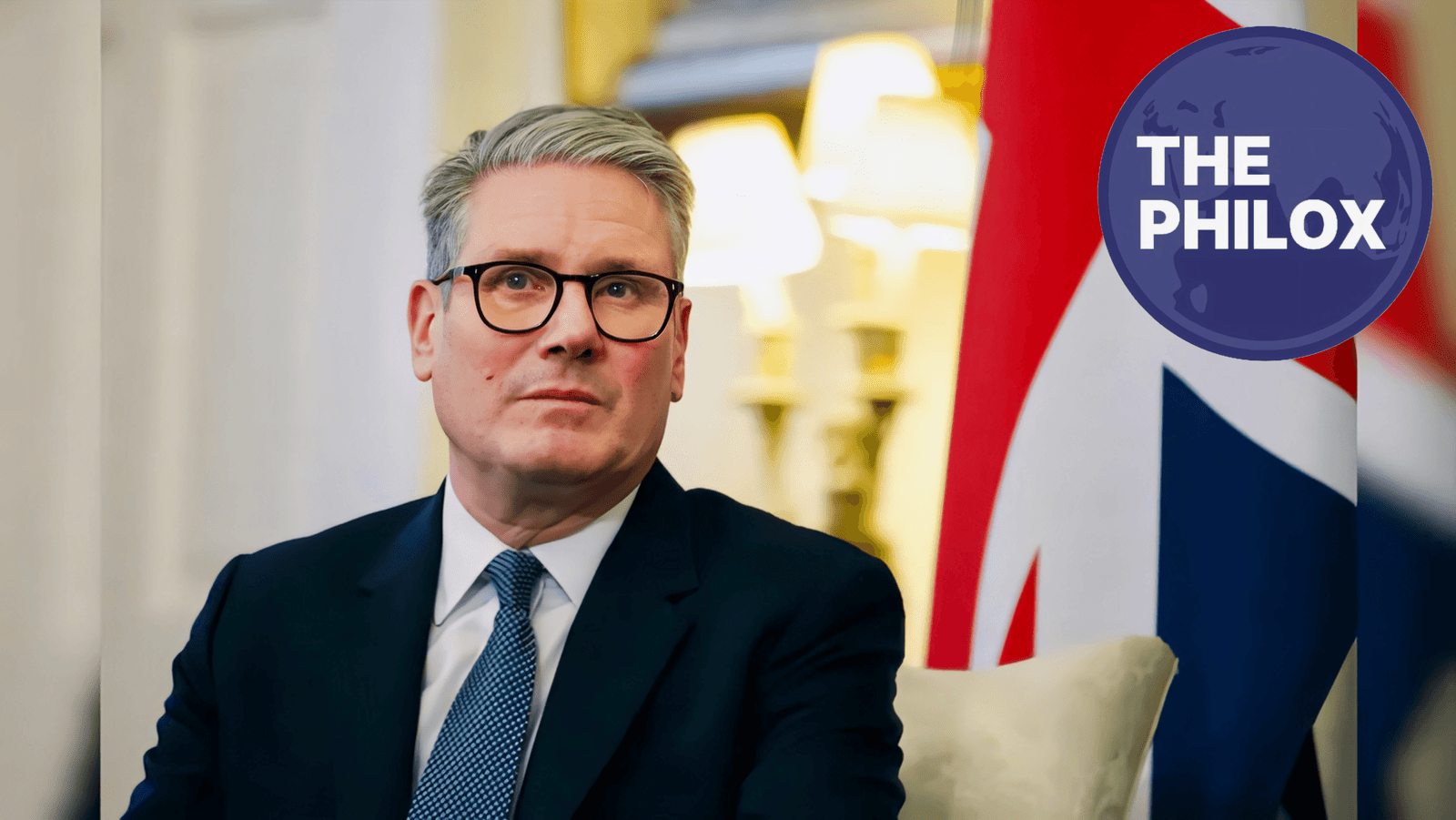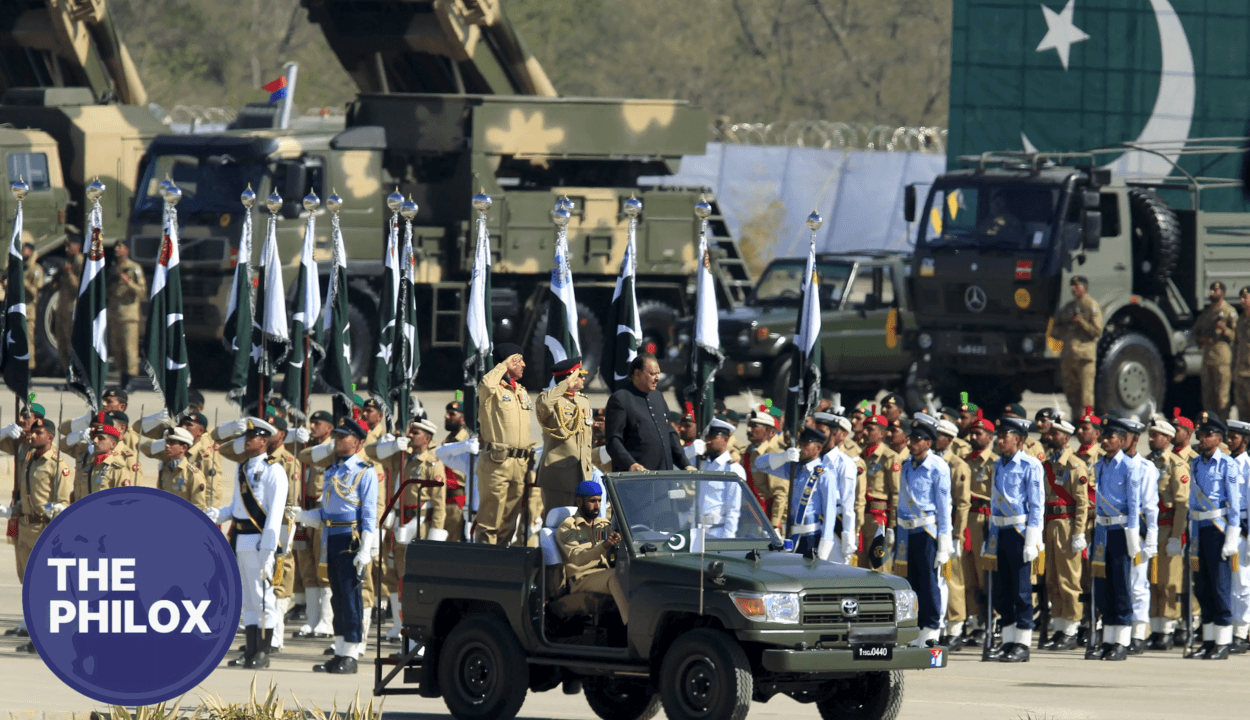An Unwavering Resolve Rare Voice
Keir Starmer is a rare example of consistent leadership in a time when global diplomacy frequently veers toward caution.
His unflinching support of Ukraine in its fight against Russian aggression has strengthened Britain’s allegiance to democratic values and established him as among Europe’s most outspoken champions of Ukrainian sovereignty.
Bold decision-making, a readiness to face strong countries—including Russia and even the United States when needed—and a dogged search of justice on the world scene define Starmer’s leadership.
Consolidating Humanitarian and Military Assistance
Starmer has greatly increased military and humanitarian aid to Ukraine from the moment he took office. Britain’s military assistance to Kyiv increased under his direction by about 25% over past pledges.
This boost strengthened Ukraine’s military training programs, intelligence-sharing capacity, and advanced weapon inventory.
Starmer’s moral clarity was shown at a period when worldwide enthusiasm for helping Ukraine was declining owing to economic restraints and changing political objectives by refusing to join this trend.
While several European and NATO allies cut their backing, Britain’s relentless support—led by Starmer—sent a strong message that opposing aggression is a long-term commitment, not a transient diplomatic gesture.
Leading European Diplomatic Projects
Starmer’s diplomatic initiatives have been similarly tenacious. As discussions for a truce between Ukraine and Russia developed throughout 2025, he was instrumental in organizing European leaders to firmly oppose Russian territorial aspirations.
In Brussels during high-stakes negotiations, he exhorted friends to reject any agreement endorsing Moscow’s illicit annexations.
The final peace arrangements clearly showed his influence since they guaranteed Ukraine continuous Western military and financial support instead of imposing concessions to Russia.
This involvement improved Ukraine’s negotiation posture and gave Eastern European governments hope that Britain would always be a primary barrier preventing Russian expansionism.
Unlike politicians who have strayed in their pledges in response to internal political pressure, Starmer stayed moral to make sure diplomacy would not compromise Ukrainian sovereignty.
Organizing High Level Strategic Summits
Apart from his activities in European diplomatic circles, Starmer has arranged several high-level conferences in London bringing together military specialists, Ukrainian authorities, Western friends.
More than a dozen in just a year, his leadership has witnessed a notable rise in such summits, attesting to his dedication to maintain Ukraine’s battle front and center of international diplomacy.
These meetings have produced important armament deals, intelligence-sharing pacts, and group attempts to thwart Russian disinformation campaigns.
Unlike his forebears, Starmer has been proactive in establishing policy rather than responding to events, therefore ensuring that Britain has a key part in the strategic planning of Ukraine’s defense.
Difficult Even Britain’s Closest Allies
Most remarkably, Starmer has not held back when criticizing even Britain’s closest allies for activities compromising Ukraine’s interests.
Early 2025, when political difficulties in Washington delayed the acceptance of more military aid to Ukraine, Starmer personally urged American officials to keep their pledges. Any delay, he cautioned, would empower Russia and discredit NATO.
His readiness to question the United States, an uncommon action for a British leader, demonstrated his emphasis on moral values above political expediency.
Starmer’s boldness strengthened Britain’s position as a sovereign power dedicated to its own moral and strategic goals at a time when many European countries walk gingerly around Washington’s choices.
Drawing a Hard Line Against Russia
Starmer’s leadership contrasts sharply with that of European leaders who have adopted a more cautious approach to Russia in concern for political backlash or economic reprisal.
His government has tightened relations to Eastern European countries leery of Moscow’s aspirations, imposed some of the heaviest penalties on Russian oligarchs, and increased intelligence operations aiming at Russian cyber threats.
Unlike some Western politicians who have tried to strike a balance between relations with Russia,
Starmer has kept a clear and uncompromising stance: aggression must be handled with strength, and any compromise that benefits Russia’s expansionist policies is unacceptable.
His acts have set a standard for next wars where international law has to be respected and helped prevent the acceptance of Russian territorial gains.
A Leader Driven by Ideas, Not Practicing Pragmatism
Beyond mere political posture, Starmer’s steadfast stand on Ukraine reveals his strong commitment in sovereignty, democracy, and international law.
His efforts remind us that opposing tyranny is not a modern concept but a moral need at a period when many world leaders have opted pragmatic above morality.
His leadership guarantees that Britain stays a major actor in the worldwide campaign for justice.
In a period when strong countries occasionally behave with impunity, Starmer’s moral perspective supports the belief that no nation should be let to change boundaries via force.
His view of world stability is based on the conviction that, independent of political or financial cost, democracies have to unite against authoritarianism.
Setting His Position in Modern Global Politics
In a time when few leaders are ready to face strong rivals like Russia, Keir Starmer’s bravery and diplomatic tenacity are very remarkable.
His unwavering backing of Ukraine has not only strengthened Britain’s position as a key ally but also established a standard for next governments confronting such difficulties.
Starmer has established himself as one of the most moral and brave leaders in modern world politics by not waversing in the face of enormous circumstances.
His leadership on Ukraine defines his tenure since it shows that, in a period of global uncertainty, moral clarity and forceful action remain the most effective weapons against aggression.



